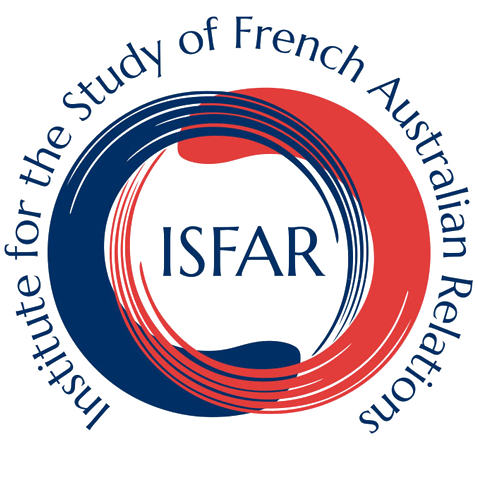Born in 1837 in Chérac, a small town in the Charentes-Maritime, Louis Edouard Bourbaud was appointed viticultural adviser in South Australia in 1875, becoming the first viticultural expert in Australia at a time when vignerons keenly recognised their lack of expertise and practical know-how.
Bourbaud immediately identified a multitude of areas requiring attention. Pruning, he observed, was effectively an unknown skill and to encourage improved practices – and also reduce the risk of mildew – he proposed pruning competitions with prizes, similar to ploughing matches. His 1876 articles in the Adelaide Observer and South Australian Register, circulated in other colonies and published under the title Viticulture and Viniculture, covered such matters as soil types, siting of vineyards, selection of grape varieties, planting, vine diseases, vineyard management and pruning.
Nor was his advice limited to viticulture. He supervised the making of an experimental champagne, arguably the first made in South Australia, and advocated alternative grape products – an inexpensive jam, verjuice, wine vinegar, vermouth, brandy, ‘vin cuit’ (reduced and concentrated must), liqueurs, spirits and medicinal wines, providing recipes for quinine tonic wine, pepsin wine and sarsaparilla. In addition, he was instrumental in the establishment in 1883 of Roseworthy Model Farm and Agricultural College, the first such institution in Australia, and supported Adelaide’s newly established Museum of Economic Botany. In 1879 he launched the Franco-Australian Alimentary Company, making French-style preserved canned meat products such as pâté de Paris, galantine de Paris and boeuf à la mode, all of which were very favourably received.
The motto ‘Work, hope and perseverance’ that Bourbaud proposed for his adopted country could equally describe his own approach to life. On his death in 1883 he was described as a man of genial manners and a cultivated mind, ‘probably the cleverest expert in blending and treating wines that the colony has possessed’.

